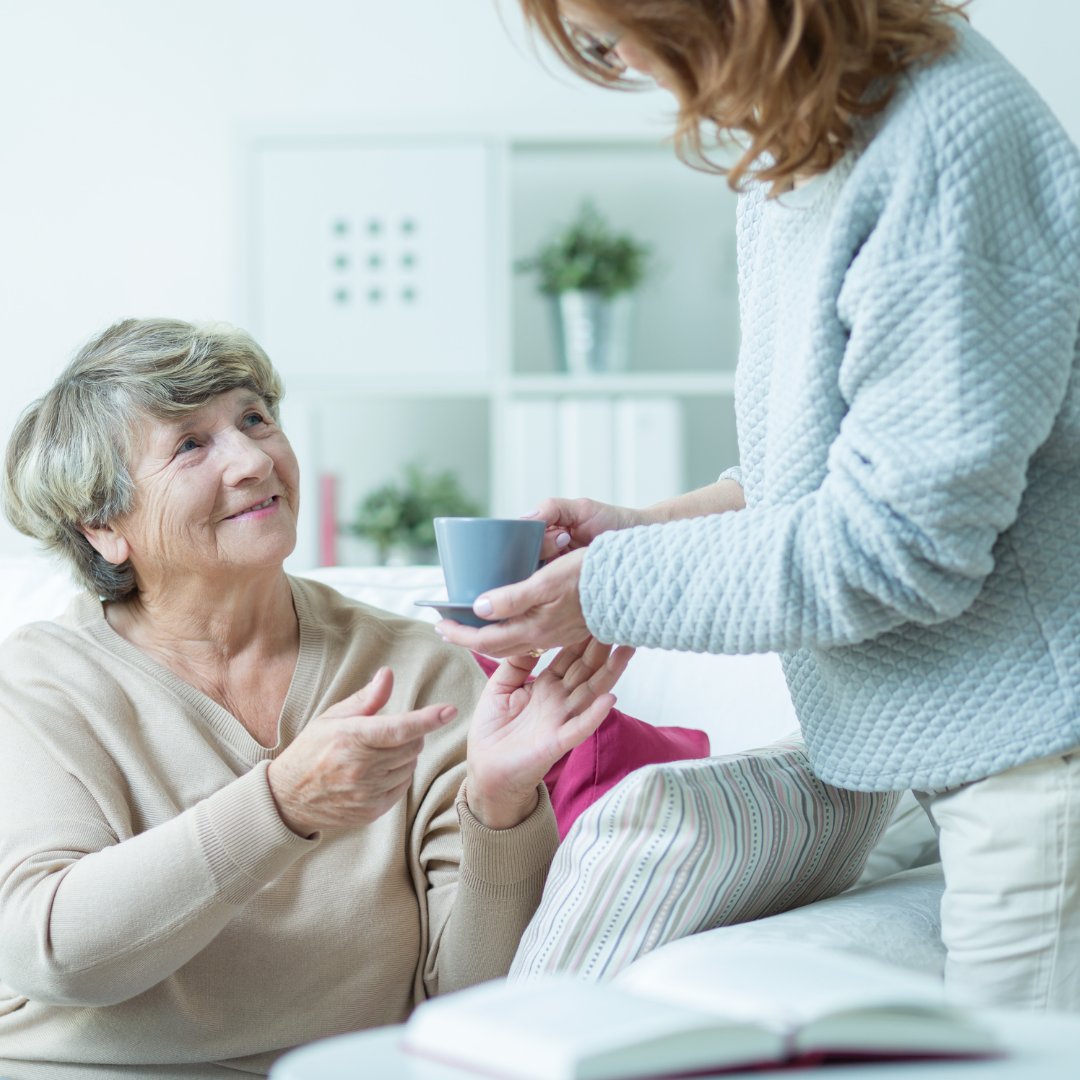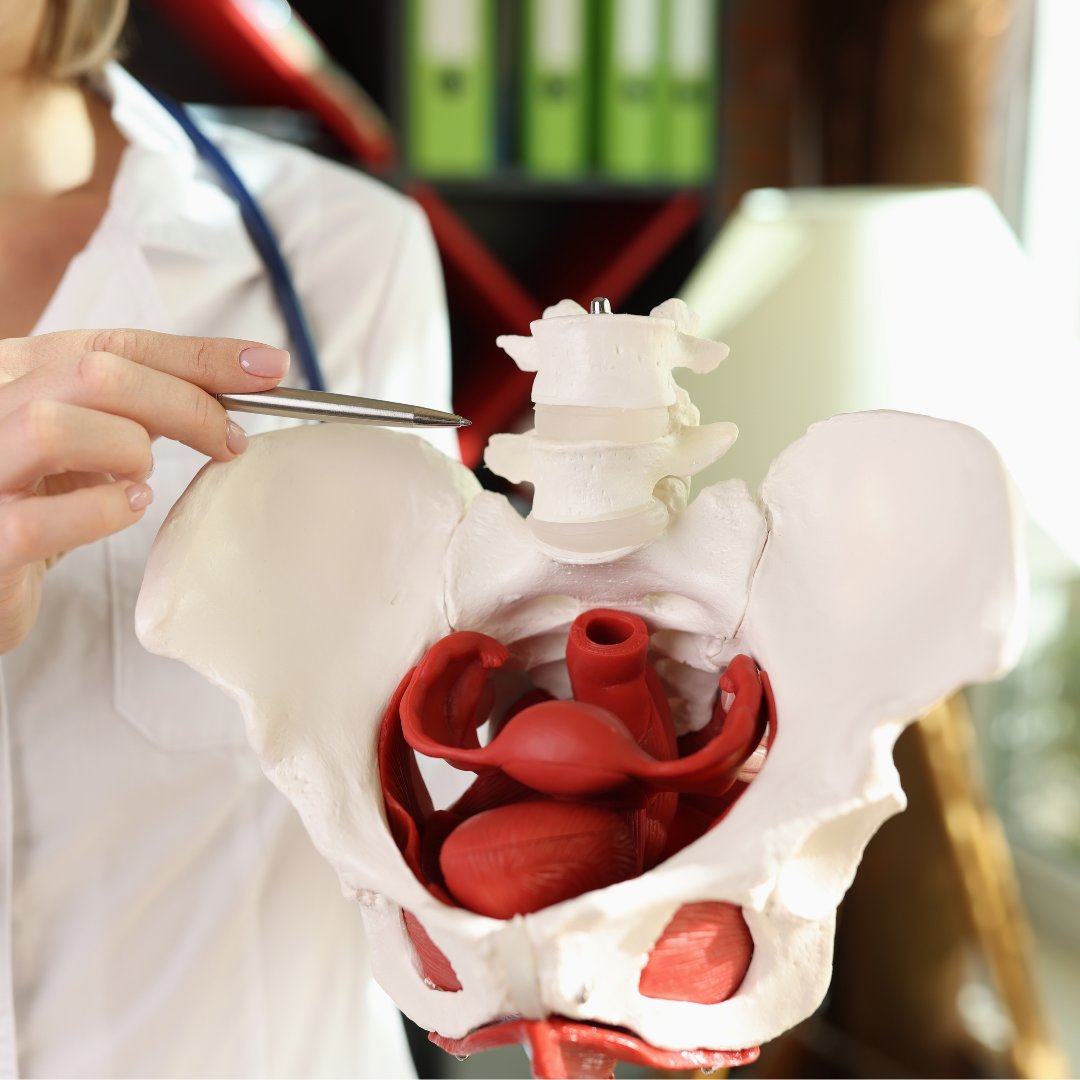Helen Rhodes, MD, FACOG
My lovely, spirited, inspirational Mom would have celebrated her 87th birthday in January. She passed away 3 years ago and was receiving home hospice care at the time of her death.
As an Obstetrician Gynecologist, I never dreamed that both my sister and mother would be diagnosed with cancer. My sister was diagnosed with stage 3 breast cancer in early 2018 and a year later, my mother was diagnosed with advanced uterine cancer.
Physicians are experts in the evaluation of symptoms and the diagnosis and treatment of disease. Our years of clinical experience, evidence-based guidelines and current standards of care guide us as we formulate treatment plans for our patients. However, we are only slightly more knowledgeable than our loved ones regarding what happens next after they leave their physicians’ offices or are discharged from the hospital after receiving a devastating diagnosis. With their minds riddled with questions and fear, our family members come to us for help and guidance as they begin to navigate our complex healthcare system.
The next steps for anyone thrust into a caregiving role include becoming a healthcare system navigator, patient advocate, payor sleuth, and care coordinator along with helping our loved one decipher clinical information and make informed decisions regarding what's next.
For me, it was both a privilege as well as terrifying to be plunged into these roles when my sister and mother faced unexpected life-changing cancer diagnoses. Along with helping them make healthcare decisions, I continued my clinical practice and personal responsibilities as well as maintaining some semblance of self-care during midlife.
Based on these experiences, I have put together some tips for caregiving as well as self-care during this phase of life which almost all of us will eventually experience.
- Put your oxygen mask on first. Prioritizing your health becomes even more paramount when caring for a loved one. Make sure you're eating a healthy diet, engaging in regular physical activity, and getting enough sleep. For caregivers experiencing significant menopausal symptoms, talk to your menopause specialist about how best to remedy these.
- Don't play "google doctor". Rather, listen intently to the advice from your family member’s medical team. Ask appropriate questions and don’t second guess or challenge their recommendations. Remember, your emotions may be interfering with what you may feel is sound medical judgment.
- Your family may view you as “captain of the ship.” Act accordingly. Develop a plan and don’t be afraid to delegate action items to others. You should not expect yourself to shoulder this responsibility alone.
- Delegate responsibilities. Each family member has their own gift, talent or connection that can be harnessed when taking care of an ill loved one. Reach out to your loved one's closest friends as they will likely want to become a part of the caregiving team. This will help minimize duplication of efforts and wasted energy.
- An all-hands-on-deck approach is recommended. Involve as many family members as possible when major medical decisions or a significant change in your loved one's health occurs. When there is family estrangement, don’t pressure the distant family member to become involved. Rather, feel hopeful that they will come around during the course of your loved one’s illness.
- If possible, take time off from work. This will enable you to accompany your family member to medical appointments, chemotherapy sessions, etc…Just sitting with them can provide immeasurable comfort during a frightening and confusing time.
- When the end is near, pull everyone into a coordinated effort to help out. At-home hospice care needs for your loved one will include bathing, medication administration, cooking, cleaning, running errands, and companionship for the bereaving spouse.
Once my mother was in hospice care at home, I created a schedule termed “The Grid” with an outline for my Dad of which caregiver was coming each day, the time and dose of medications as well as important contact information. This gave him a checklist to refer to which helped my Dad feel empowered and organized. - Honor your loved one’s wishes regarding end-of-life care. This cannot be understated. A medical power of attorney, as well as financial power of attorney, should be clearly elucidated prior to your loved one’s final days. Dying with dignity is possible and one of our responsibilities is to ensure this occurs.
- Recognize symptoms of caregiver burnout. These symptoms may include feeling overwhelmed, exhausted, depressed, and anxious. Don't be hesitant to reach out beyond your circle of family members and friends for help.
- Organizations such as Caring.com can provide valuable resources, information, and support to those caring for aging parents, spouses, and loved ones. This organization is a leading senior care resource recommended by many national agencies and organizations.




